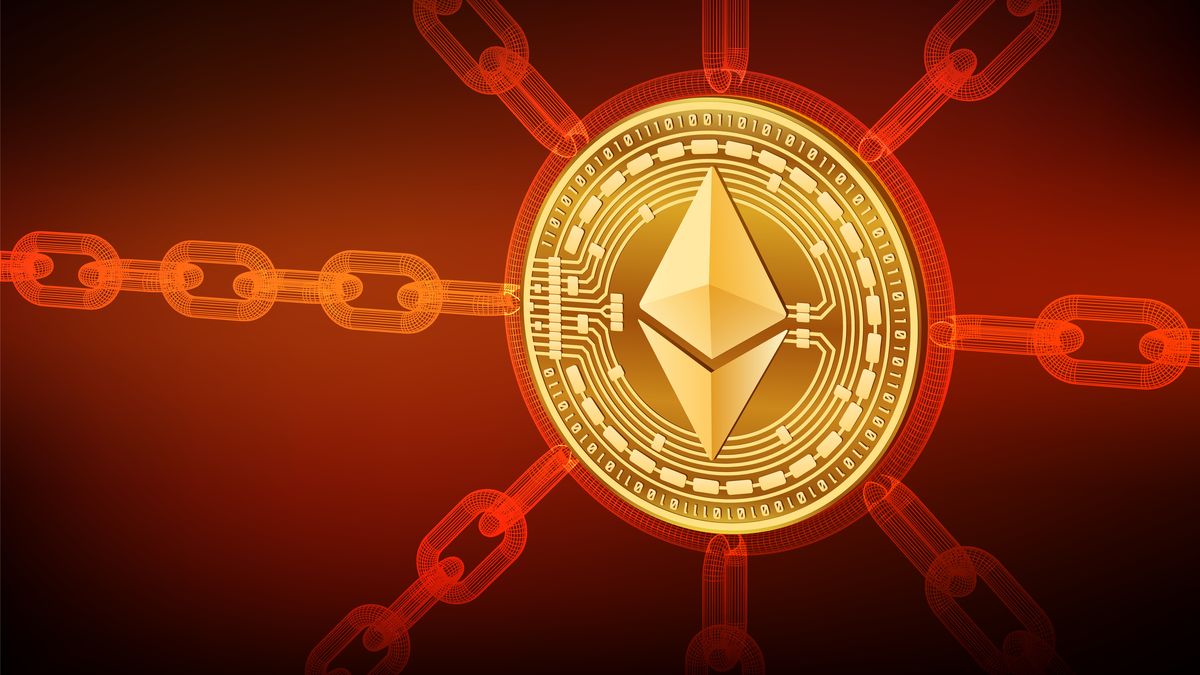Rapidly rising consumer prices reduce the purchasing power of customers. Now the war in the Ukraine is taking the tentative momentum out of the economy.
The Ifo Institute only expects economic growth of between 2.2 and 3.1 percent this year, but an increase in inflation to 5.1 to 6.1 percent.
That would be the highest rate since 1982. The main reason is Russia’s war in Ukraine and the sharp rise in oil and gas prices, said Ifo economic chief Timo Wollmershäuser on Wednesday in Munich.
Inflation reduces the purchasing power of consumers by around 30 billion euros over the year as a whole. “In the next few months we will certainly see rates that are six percent or even slightly higher,” said Wollershäuser. This significantly slows down private consumption and the recovery of the economy after the Corona slump.
Supply bottlenecks and high raw material prices
At the same time, delivery bottlenecks, significantly higher raw material prices and economic uncertainty weighed on the economy. “The order books in industry are fuller than they have been in decades”, and the normalization of the corona situation could actually give private consumption a strong boost. In March, however, retail sales suffered from high energy prices; a number of important industrial companies have reduced production and run short-time work. For the industry there will be “a damper, especially in the summer months,” said Wollmershäuser.
Because of the unpredictability of the war, the Ifo Institute calculated two forecasts. In the optimistic scenario, the oil price will gradually fall from the current EUR 101 per barrel to EUR 82 by the end of the year, while the price of natural gas will fall at the same time. The economic researchers used the current prices on the futures markets as a basis. They also assumed that consumers are now spending most of their savings in Corona times and are not sticking together because of the uncertain times. In the pessimistic scenario, on the other hand, the oil price rises to EUR 140 per barrel by May and only then falls to EUR 122 at the end of the year.
Economic growth in times of war
At first glance, economic growth of between 2.2 and 3.1 percent in times of war still seems very good, said Wollmershäuser. But Germany would actually need 4 percent to get back to a reasonably normal economic situation. A possible stop in the supply of energy from Russia is not considered in any scenario. Then there would likely be another recession.
It is fairly certain that the number of unemployed will fall below 2.3 million this year, the economic researchers said. They expect wage increases of around 3 percent in the upcoming round of collective bargaining. That contributes to inflation, but real wages are still falling, said Ifo President Clemens Fuest. The fact that pensions are now rising much faster is “gratifying for pensioners, but unpleasant for contributors, because they pay for it”.
Inflation expected to rise
The Association of German Banks expects economic growth of 2.2 percent this year and “in the coming months inflation will rise to over 7 percent”. He expects an annual average of 6.1 percent. “We also expect prices to rise significantly in the next few years,” said Managing Director Christian Ossig on Wednesday.
German economic output collapsed by 4.6 percent in 2020 due to the consequences of the corona pandemic and recovered somewhat last year with growth of 2.9 percent. The Kiel Institute for the World Economy, the RWI in Essen and the IWH in Halle expect growth of 2.1 to 3.1 percent and inflation of 4.8 to 5.8 percent and an unemployment rate of around 5.0 in their forecasts for this year Percent.
Source: Stern
Jane Stock is a technology author, who has written for 24 Hours World. She writes about the latest in technology news and trends, and is always on the lookout for new and innovative ways to improve his audience’s experience.




